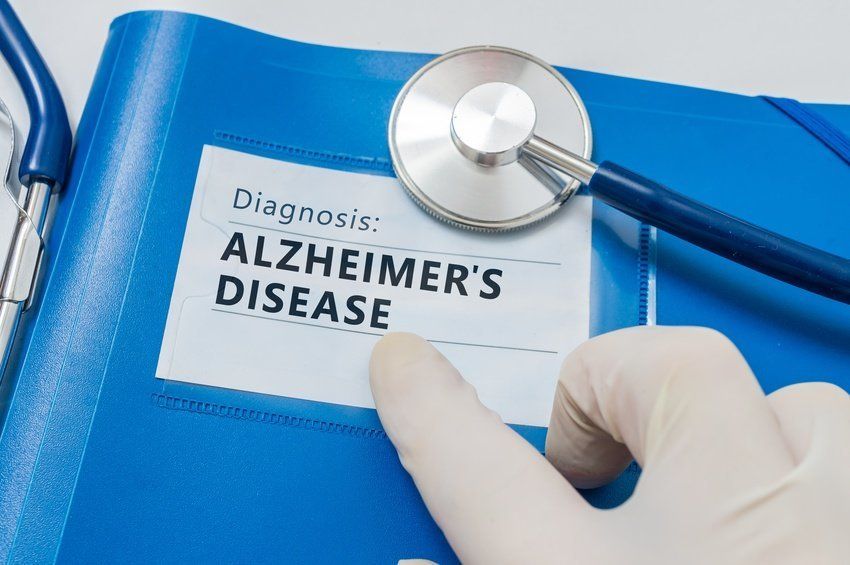Results from quantitative MRI and neuropsychological testing show unprecedented improvements in ten patients with early Alzheimer’s disease (AD) or its precursors following treatment with a programmatic and personalized therapy. Results from an approach dubbed metabolic enhancement for neurodegeneration are now available online in the journal Aging.
The study, which comes jointly from the Buck Institute for Research on Aging and the UCLA Easton Laboratories for Neurodegenerative Disease Research, is the first to objectively show that memory loss in patients can be reversed, and improvement sustained, using a complex, 36-point therapeutic personalized program that involves comprehensive changes in diet, brain stimulation, exercise, optimization of sleep, specific pharmaceuticals and vitamins, and multiple additional steps that affect brain chemistry.
“All of these patients had either well-defined mild cognitive impairment (MCI), subjective cognitive impairment (SCI) or had been diagnosed with AD before beginning the program,” said author Dale Bredesen, MD, a professor at the Buck Institute and professor at the Easton Laboratories for Neurodegenerative Disease Research at UCLA, who noted that patients who had had to discontinue work were able to return to work and those struggling at their jobs were able to improve their performance. “Follow up testing showed some of the patients going from abnormal to normal.”









Comments are closed.